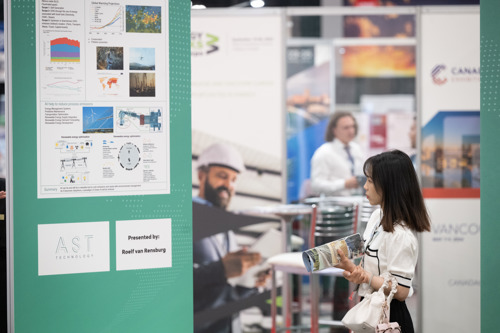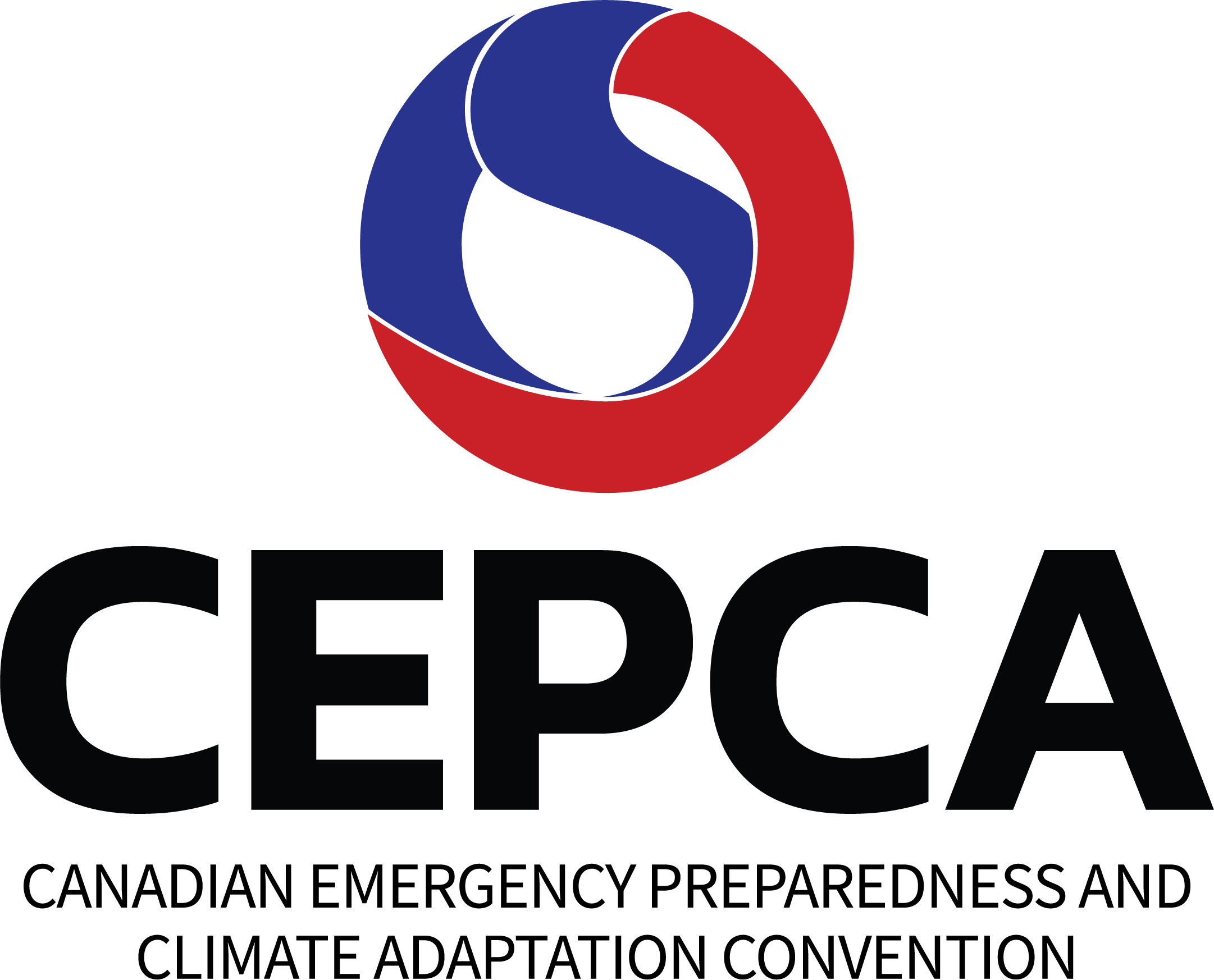Submit an Abstract - Speak at the Technical Conference
Submission Deadline: March 31, 2024
The Canadian Emergency Preparedness and Climate Adaptation Conference (CEPCA) is pleased to announce the call for abstracts for the groundbreaking technical conference. CEPCA will bring together technical experts from Canada and around the world to share knowledge and collaboration in the field of emergency preparedness and climate adaptation in Canada. We value diversity and inclusion, and invite industry, researchers, practitioners, academics and experts to submit abstracts for presentations, workshops, and posters that contribute to our understanding of critical topics, including flood management, wildfire management, and various other facets of emergency preparedness.

Submit a Poster - Showcase Your Research
Submission Deadline: March 31, 2024
The 2024 CEPCA Call for Posters is exclusively open to all industry, government federal, provincial and municipal emergency preparedness representatives and university researchers including undergraduate, graduate, post doctoral, faculty and technicians from Canadian and international post-secondary institutes.
Participating in the Poster Session at CEPCA is a great way for to showcase and present technical research to high-level Canadian and international conference delegates and exhibition visitors. Accepted poster presenters will be eligible for special rates that will enable them to attend the technical presentations as part of the Technical Courses, opening night reception, exhibition floor and more.

CEPCA Technical Categories:
Topics include, but are not limited to:
• Best Practices in Flood Risk Assessment
• Floodplain Management and Mapping
• Community-Based Flood Resilience
• Infrastructure and Engineering Solutions
• Climate Change Impacts on Flooding
• Flood Policy and Strategy
• Governance and Indigenous Knowledge in Water Management
Topics include, but are not limited to:
• Fire Risk Assessment and Modeling
• Community Preparedness and Evacuation Strategies
• Ecosystem Resilience and Fire Ecology
• Technology and Innovation in Wildfire Management
• Indigenous Knowledge and Fire Management
Topics include, but are not limited to:
• Climate Change Vulnerability Assessment
• Adaptation Planning and Implementation
• Resilient Infrastructure and Built Environment
• Climate-Resilient Agriculture and Food Security
• Health and Social Impacts of Climate Change
Topics include, but are not limited to:
• Emergency Management Strategies
• Humanitarian Response and Relief
• Community Recovery and Psychological Support
• Logistics and Supply Chain Management
• Lessons Learned from Recent Disasters
Topics include, but are not limited to:
• Remote Sensing and Geospatial Technologies
• AI and Machine Learning for Disaster Management
• Early Warning Systems
• Mobile Apps and Decision Support Tools
• Smart Cities and IoT Solutions
• Drone and UAVs
